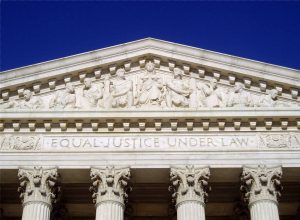Loophole in Drunken Driving Law Should be Closed
An ignition interlock device (IID) is a breathalyzer installed in a vehicle that prevents a driver from operating the vehicle until first providing an adequate breath sample. In Wisconsin, an IID is required in one of three circumstances after being convicted of either Operating While Intoxicated (OWI) or Operating with a Prohibited Alcohol Concentration (PAC): the defendant is a repeat drunk driver, the defendant refused a chemical blood or breath test under Wisconsin’s implied consent law, or the defendant is a first time drunk driver and had a blood alcohol concentration (BAC) of 0.15 “at the time of the offense.” Because OWI 1st’s are not crimes in Wisconsin, defense attorneys specializing in OWI cases try to negotiate with prosecutors to stipulate that the defendant’s BAC was 0.149 to avoid the costly and cumbersome IID requirement. This arbitrary threshold creates an obvious loophole.
The state legislature should revise this language in the IID statute because its vague language is leading to ridiculous results in court and does not promote consistency in OWI cases. As a matter of syntax, the statute as its currently written is arguably ambiguous. The legislature specifically used the phrase “at the time of the offense” as opposed to “at the time of driving.” The most common interpretation (and one favored by defense attorneys) is that the word “offense” only encompasses the physical act of driving and nothing after it. However, if that is what the legislature intended, then it would have been clearly to use the word “driving” instead. Further, the current language is in clear conflict with the OWI statute that penalizes drunk driving. A second reasonable interpretation is that “offense” includes everything from the driving to when the police officer issues the citations. However, this reading appears to cast too wide a net.

